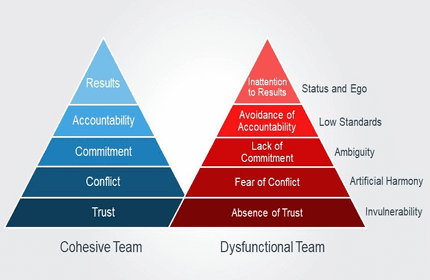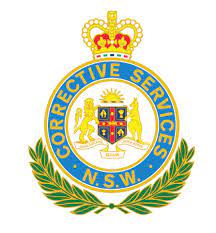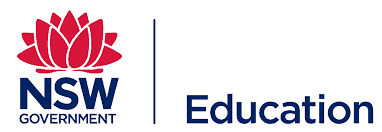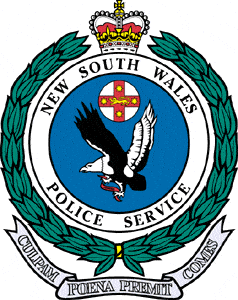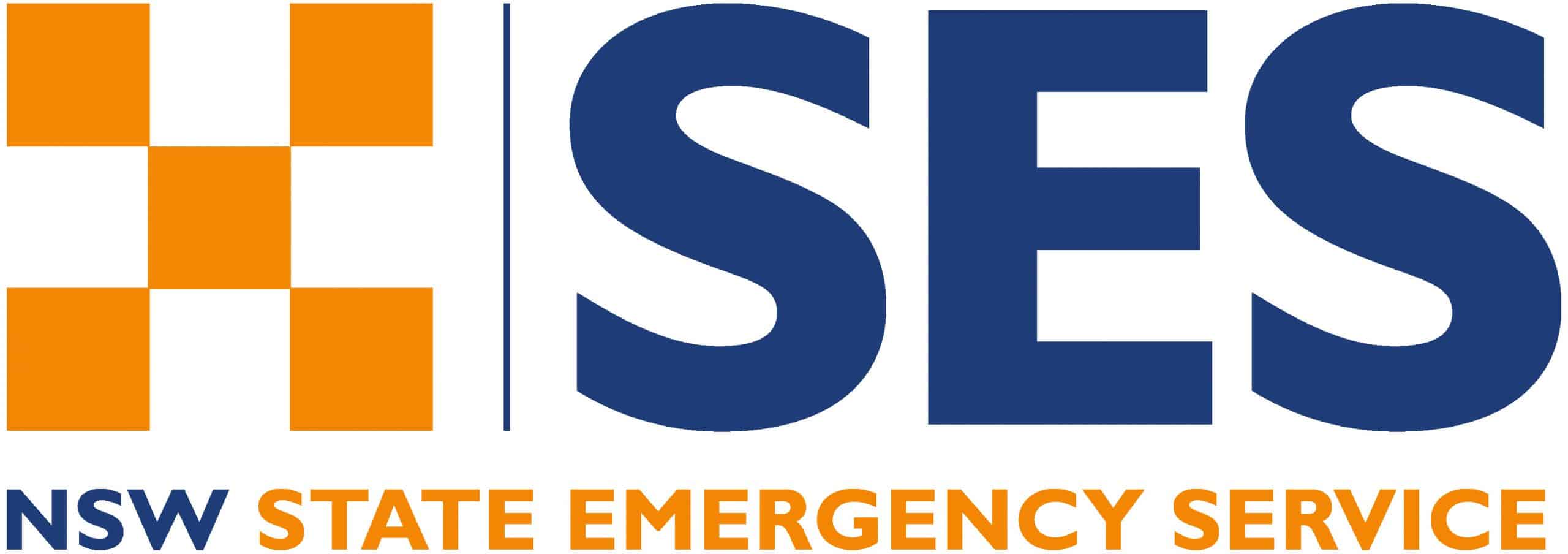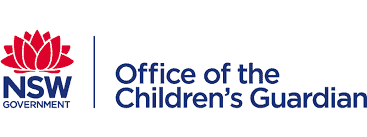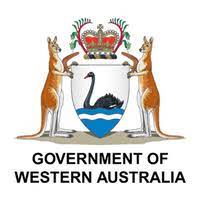Turning Team Dysfunction into Function: What do I do with my team?
Patrick Lencioni recently gave a great update on turning dysfunctional teams into better functioning units. Many of our clients watched his inspiring live virtual session, brought to Australia by The Growth Faculty, who Southern Cross Coaching & Development partnered with.
Of course, it’s not as black and white as functional/ dysfunctional teams, there’s a wide spectrum in between. The question is ‘how can you make your team function better?’ at all levels of your organisation, from Frontline teams to Executive and Senior Leadership teams.
Lencioni noted that in any environment team culture needs to be proactively worked on for teams to be the most effective. That’s now more urgent than ever, especially as teams start to spend more time together face-to-face in offices, whether a mix of remote/ 2-3 days a week in the office or back face-to-face full time.
In many cases team members haven’t met each other for a very long time – and some people have never met new team members who joined during lockdowns and remote working.
If there was ever a time to proactively reset the team culture and plan for the future, it is now.
It is even more important now as many teams are chronically undermanned, and many people are moving roles in the current ‘Great Realisation/ Resignation’.
Add in the fact that remote working in the uncertain pandemic environment was a mixed experience for many teams. While some flourished, many teams kept the wheels turning through sheer grit and determination, grinding on and pushing through on adrenaline and cortisol.
A raft of complex issues has often been suppressed, triaged for ‘emergency’ cases only, or put in the ‘too hard’ basket and simply ignored. As reports of burnout, overwhelm and degraded mental health continue to rise, teams are realising they simply can’t carry on this way.
Something has to change. Team culture needs to be proactively addressed, especially as organisations contemplate their mid to longer term ‘back-to-work’ roadmaps, be that office or hybrid work.
Lencioni laid out in his ‘5-Dysfunctions of a Team’ the key areas for a team to work on. While the pyramid diagram looks like achieving success in one layer is necessary to move to the next, our experience shows that working on any layer of the pyramid will have an impact on the others. For example, forming a culture where people can safely challenge and put forward different ideas and thinking will help build trust – and commitment, accountability, and results.
Of course, there is no one-size-fits-all approach. Every team is unique. Every team faces its own individual challenges.
Because of that, Southern Cross Coaching & Development recommends a proactive, individualised Team Coaching approach.
Managers and teams at all levels, from frontline teams to executives, need to proactively and collaboratively craft their own unique, future-focused, practical team roadmap to guide them in their transition to yet another ‘new normal’.
Teams and leaders can do this on their own if they have the right mindset and skillset. However, we find people often struggle to have the time or headspace required or are too close to the problem to see a way forward – or at least notice a new way forward.
Often the most effective and time efficient way forward is to engage an impartial, non-judgemental, external Team Coach to guide the group and keep things on track to stay future and solution focused.
This is where Southern Cross Coaching & Development can help, with our crew of well-seasoned, qualified, deeply experienced team development coaches who can work with your team to facilitate your own proactive team culture plan.
“Just what I needed. I got more done today with my team than I have managed to achieve in the past year.” Team Manager, NSW Government
The problem with most team building sessions is that teams have a great time in the moment & have lots of ‘fun’, but there is often very little practical ‘team development’ and not much behaviour changes when people get back to the workplace the next day.
Of course, some ‘fun’ team sessions can be great and can make a big difference. People simply spending time with each other as human beings, getting to know each other better is nearly always useful. If that’s your objective, then most team sessions will hold some value.
However, some team building can unintentionally make things worse. People often naturally stick with the same clique of people in their ‘team building’ session as they do at work, so while that inner clique may get stronger, those in other cliques or ‘on the outside’ are even more siloed and isolated, and you end up with bigger tears in the team fabric.
From our experience across the Private and Public Sectors (with teams at all levels from teams of C-suite execs to team leaders and their teams) to get the best out of a team building day, there ideally needs be a mix of fun in a safe environment, team bonding (getting to know each other), practical applied learning with the ‘why’ behind it and practice & embedding of that learning on the day with agreed ongoing practical actions to implement.
That’s what we do with our innovative, experiential, gamified smart-phone app-based Team Building/Development program. It’s practical, adaptable, fun and gets results back in the workplace.
“Brilliant! Clear and concise. Enjoyable and challenging. Fun and meaningful, very impactful.” Head of Strategic Growth
We first run each team through a series of ‘fun’ challenges run through our smart-phone app. These challenges, while seemingly innocuous on the surface, are carefully crafted based on neuroscience, behavioural science, and deep behavioural knowledge, to bring out nearly all team behaviours, good and not so useful, in a safe and enjoyable forum.
The big difference is that these challenges are observed by an experienced team facilitator, who observes what happened and then skilfully debriefs the team to extract what they did well, what they can improve and how all that relates to and impacts on the workplace. The facilitator then helps the team devise the specific strategies and actions they need to apply to improve.
We then send the team out to practically apply that knowledge and learning in a second round of fun challenges, also observed by the experienced facilitator.
“Excellent team building exercise! The differences between sessions 1 and 2 were clearly demonstrated and evident.”
National Capital Development Manager
In this second round, teams get the opportunity to practically apply, embed & and observe how successful the new strategies and actions are, so the learning sticks. The facilitator again debriefs the team, especially in terms of what people did better, what the impact was and how that applies to the workplace.
The facilitator then gets the team to agree on the practical actions they will deploy back in the workplace. The team vocalises these so there is also cross-team accountability.
“We had fun as a team but we learnt lots from it. Normally we do stuff & it’s not fun or we don’t work together, or we don’t get the learning from it, but this was brilliant, it did all of that, it did everything.”
Team Member, NSW Government (NSW DCJ, FACS)
We also often add in extra practical exercises to help teams get to know each other better as human beings and to understand how the team is connected and how people rely on each other.
Each program is customised to the level, needs and objectives of the team. We can also add a light-hearted competitive edge with teams competing against each other. We also often follow a team building activity with a Strategic Facilitation session.
Of course, we’d like to work with you on your next team development day! But no matter what you do or who you use for your next team day, we suggest you make sure you use a mix of fun activities, team bonding (getting to know each other), practical applied learning with the ‘why’ behind it, and practice & embedding of that learning on the day with agreed ongoing practical actions to implement.
If you’re interested in finding out more about our Team Development or Strategic Facilitation programs, then contact us:
GET IN TOUCH FOR MORE INFO
IN SUMMARY:
- Smart-phone App-based; innovative, fun, practical team building that gets results in the workplace
- Underpinned by practical Neuroscience, behavioural science, and positive psychology research
- 1st set of games observed by an experienced facilitator
- Games are debriefed:
– What did teams do well?
– What do they need to improve?
– How is that applied to outcomes back in the workplace - People then apply the learning in a 2nd set of games
- Debriefed again by facilitator & applied workplace learning agreed
- Can be followed by afternoon of strategic planning facilitation, etc
- ½ day or full day programs
- Games crafted to suit the level of the team
- Teams of 5 people to conferences of 100+ people
- And then?
Book us for your next Team Building Event!

